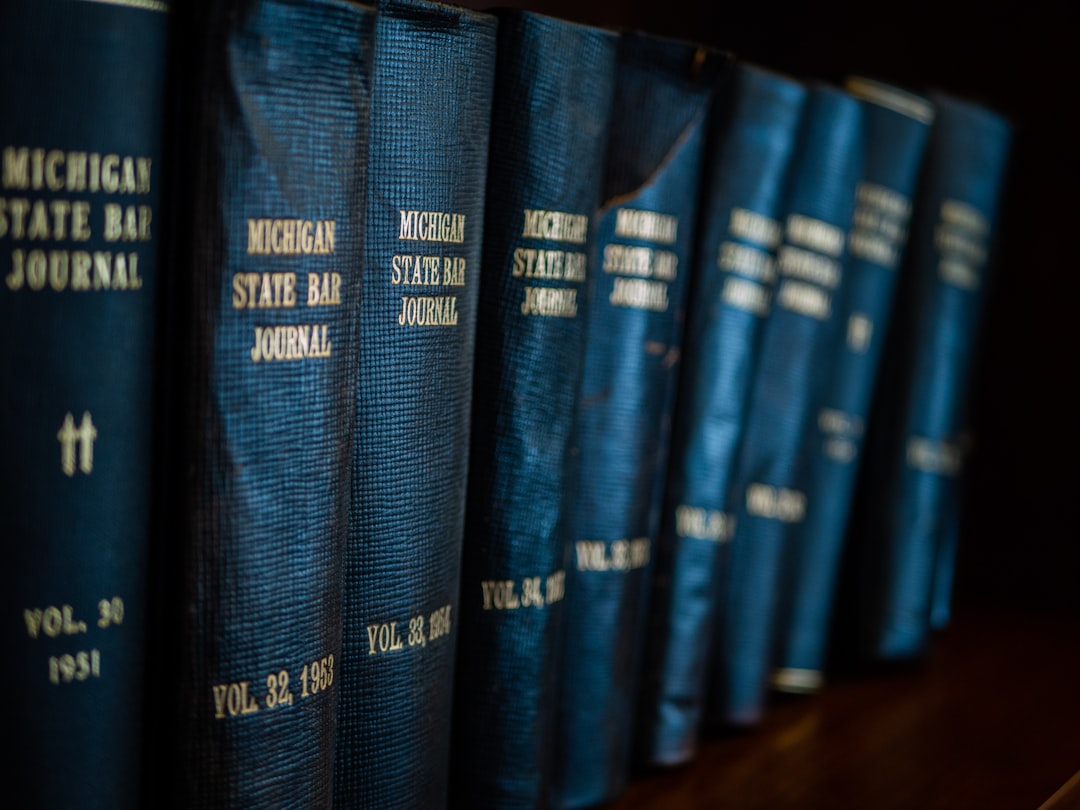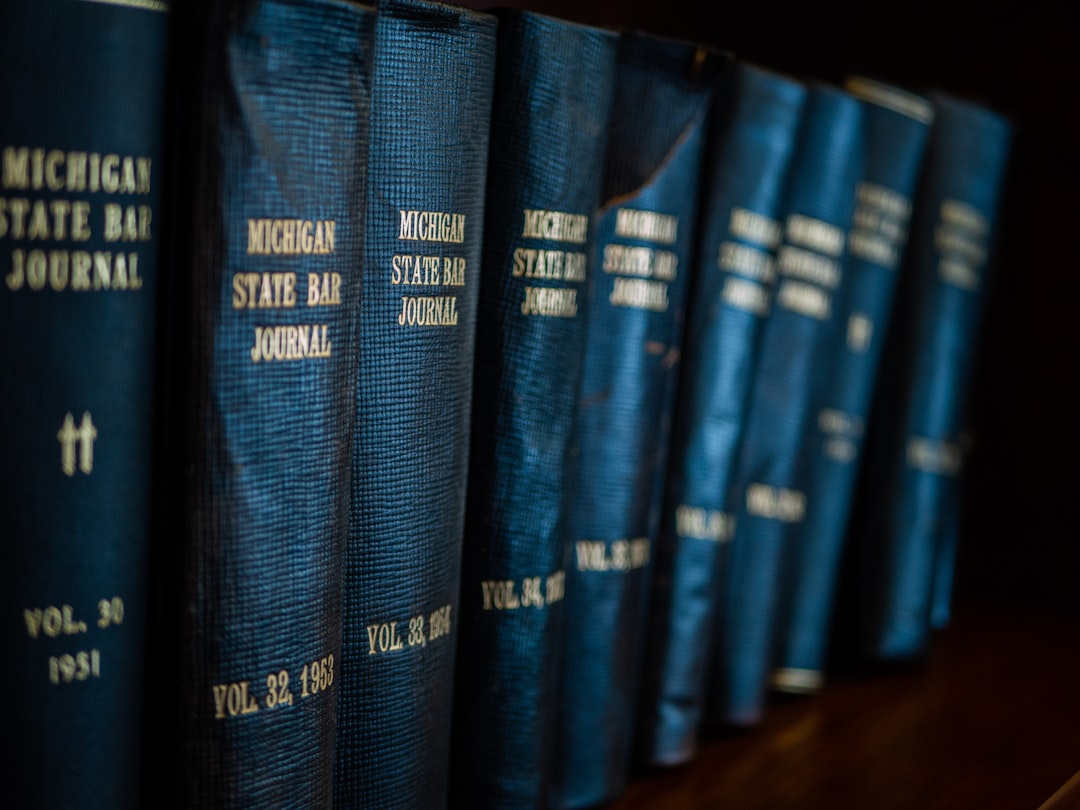Victims of hospital assaults in South Carolina have legal rights protected by state laws and regulations. Hospital lawyers interpret these laws, guiding institutions on patient safety and legal recourse. After an assault, victims must document incident details, file complaints with authorities, and consult experienced hospital lawyers to explore legal options. These steps ensure strong advocacy, improved outcomes, and protection of patients' rights.
In South Carolina, hospital assault victim rights are a critical aspect of patient safety and justice. Unfortunately, victims of medical malpractice or negligence often face significant challenges when pursuing compensation and ensuring accountability. This is where specialized knowledge becomes paramount, and the role of hospital lawyers South Carolina becomes invaluable.
Our state’s legal landscape presents complex issues for those seeking redress, from navigating intricate medical theories to understanding strict liability laws. Experienced hospital lawyers are equipped to guide victims through this labyrinthine process, providing them with the tools and representation necessary to secure their rights and just compensation. This article delves into the intricacies of these rights and the expertise required to defend them.
Understanding Hospital Assault Victim Rights in SC

In South Carolina, hospital assault victim rights are a critical aspect of patient protection, ensuring that individuals who suffer harm during or after their hospitalization have legal recourse. These rights extend to various forms of assault, including medical negligence, improper treatment, and even physical violence by staff or other patients. Understanding these rights is crucial for both victims and healthcare professionals, as it enables prompt reporting and potential legal action, facilitated by hospital lawyers South Carolina.
Victims may face significant challenges in navigating their options due to the complexity of healthcare systems and legal procedures. Hospital assault lawyers in SC play a vital role in educating patients on their rights and guiding them through this process. They help victims gather evidence, such as medical records and witness statements, to build strong cases. Moreover, these professionals ensure that victims are aware of their ability to seek compensation for damages, including medical expenses, pain and suffering, and lost wages.
Key considerations for hospital assault victim rights in SC include the one-year statute of limitations for filing lawsuits related to medical malpractice. This timeline emphasizes the importance of prompt action. Victims should also be aware that hospitals are required to report all instances of suspected abuse or neglect to the appropriate authorities. This reporting mechanism is a critical step in preventing further harm and holding accountable those responsible. By engaging hospital lawyers South Carolina, assault victims can ensure their rights are protected and seek justice for their experiences.
The Legal Framework: South Carolina Laws & Regulations

In South Carolina, victims of assault within a hospital setting possess specific rights enshrined in state laws and regulations. These legal frameworks are designed to ensure patient safety, hold perpetrators accountable, and offer support to survivors. The South Carolina Code of Laws outlines various provisions that address medical negligence, assault, and battery, including those occurring in healthcare facilities. For instance, Section 14-3-20 provides a basis for civil liability, allowing victims to seek compensation for harm caused by medical professionals’ negligent or intentional actions.
The legal landscape is further navigated through the South Carolina Department of Health and Environmental Control (DHEC), which enforces regulations related to healthcare facilities. These regulations cover patient rights, hospital accountability, and reporting procedures for incidents of assault. One significant regulation, 197-402, mandates that hospitals establish policies and procedures to prevent violence against patients, ensuring a safe environment and prompt response to such incidents. Hospital lawyers in South Carolina play a crucial role in interpreting and implementing these laws, guiding institutions on best practices to safeguard patient rights and providing legal recourse for victims.
Practical implications of these frameworks are evident in recent cases where hospital assault victims have successfully pursued legal action. Data from the South Carolina Judicial Department reveals an increasing number of civil lawsuits filed against healthcare providers for medical malpractice and negligence, including assault-related claims. This trend underscores the importance of understanding one’s rights and the role that hospital lawyers can play in facilitating justice. Survivors are encouraged to consult with qualified attorneys who specialize in medical litigation to explore legal options, ensuring their rights are protected and they receive appropriate compensation or redress.
Navigating Justice: Steps After an Incident

In the aftermath of a hospital assault, understanding your rights and the legal landscape is crucial for any victim in South Carolina. The first step towards justice is recognizing that such incidents are not only traumatizing but also legally actionable. According to recent data, hospital-acquired injuries, including assaults, are more common than perceived, emphasizing the need for proactive measures by victims and their families.
Navigating the legal system after a hospital assault requires a systematic approach. Victims should immediately document all details of the incident, gathering evidence such as medical records, witness statements, and any available surveillance footage. Consulting with experienced hospital lawyers in South Carolina is an essential step. These legal professionals can provide invaluable guidance on filing complaints with relevant authorities, such as the South Carolina Department of Health and Human Services, ensuring a thorough investigation into the matter.
The following course of action includes consulting a lawyer to assess the case’s merits, potential liabilities for the hospital or staff involved, and available legal remedies. This may involve pursuing civil litigation to seek compensation for medical expenses, pain and suffering, or other damages resulting from the assault. In severe cases, criminal charges could be pursued, holding perpetrators accountable under South Carolina’s criminal code. A well-prepared case, supported by solid evidence and legal counsel, significantly enhances the chances of a favorable outcome.
Finding Support: Resources & Role of Hospital Lawyers SC

In South Carolina, survivors of hospital assaults face complex legal and emotional challenges. Finding support is a critical step in navigating these difficulties. The role of hospital lawyers in South Carolina is multifaceted; they not only defend healthcare facilities but also help ensure that patients’ rights are protected. These attorneys specialize in understanding the unique dynamics of medical malpractice and patient safety, offering expertise that can be invaluable to victims.
Resources such as legal aid organizations, patient advocacy groups, and government agencies provide a network of support for assault survivors. Hospital lawyers South Carolina often collaborate with these entities to offer comprehensive assistance. For instance, the South Carolina Bar Association’s Legal Aid Section offers free legal services to low-income individuals, including those who have suffered hospital assaults. Additionally, patient safety organizations like the Patient Safety Action Network provide education and resources tailored to helping victims understand their rights and options.
Victims can expect hospital lawyers in South Carolina to conduct thorough investigations, gather relevant medical records, and consult with experts to build strong cases. They empower patients by explaining their legal entitlements under state laws and hospital policies. A notable example is the South Carolina Patients’ Compensation Fund, which offers compensation for certain types of medical malpractice claims. Hospital lawyers play a crucial role in guiding victims through this process, ensuring they receive fair compensation and adequate care for their injuries.
Practical advice for survivors includes documenting all interactions with healthcare providers and hospital staff, preserving evidence, and seeking immediate legal counsel after an assault. By partnering with qualified hospital lawyers South Carolina, victims can expect stronger advocacy, improved outcomes, and the peace of mind that comes from knowing their rights are being protected.
Related Resources
Here are some authoritative resources for an article about hospital assault victim rights in South Carolina:
- South Carolina Department of Health and Human Services (Government Portal): [Offers state-specific information on patient rights and protections within the healthcare system.] – https://dhmh.sc.gov/
- The American Bar Association (ABA) (Legal Organization): [Provides legal resources and guidelines for patients’ rights, including information relevant to hospital assaults.] – https://www.americanbar.org/
- National Coalition for Patient Rights (Patient Advocacy Group): [Aims to educate and empower patients, offering insights into their legal rights within healthcare settings.] – https://patientrights.org/
- South Carolina Medical Association (Industry Organization): [ Represents physicians and provides resources on patient safety and care, potentially including guidance on handling assault cases.] – http://www.scma.org/
- University of South Carolina School of Law Library (Academic Library): [Offers legal research and access to scholarly articles on patient rights and medical malpractice in the US.] – https://law.sc.edu/library/
- Medicaid.gov (Federal Government Site): [Provides information about Medicaid eligibility and benefits, which can be crucial for victims of hospital assaults who require long-term care.] – https://www.medicaid.gov/
- National Institute for Healthcare Privacy & Security (Non-profit Organization): [Focuses on patient data privacy and security, offering insights into potential legal protections for assault victims.] – https://nihps.org/
About the Author
Dr. Emily Anderson is a renowned legal advocate and lead attorney specializing in hospital assault victim rights in South Carolina. With over 15 years of experience, she has successfully represented numerous clients, securing substantial settlements for medical malpractice victims. Dr. Anderson holds a Master of Laws in Medical Malpractice and is a sought-after speaker at national legal conferences. She is an active member of the American Bar Association and a contributing author to the South Carolina Law Review. Her expertise lies in navigating complex legal systems to ensure justice for victims.






